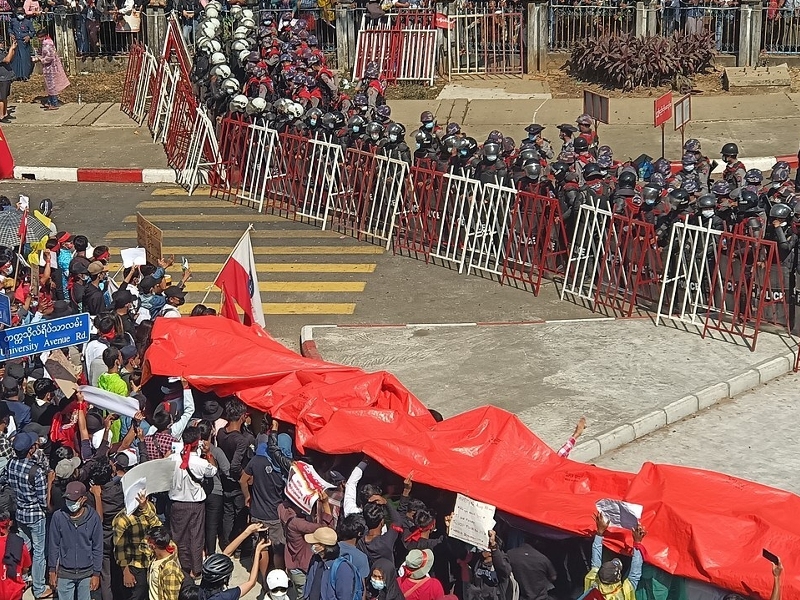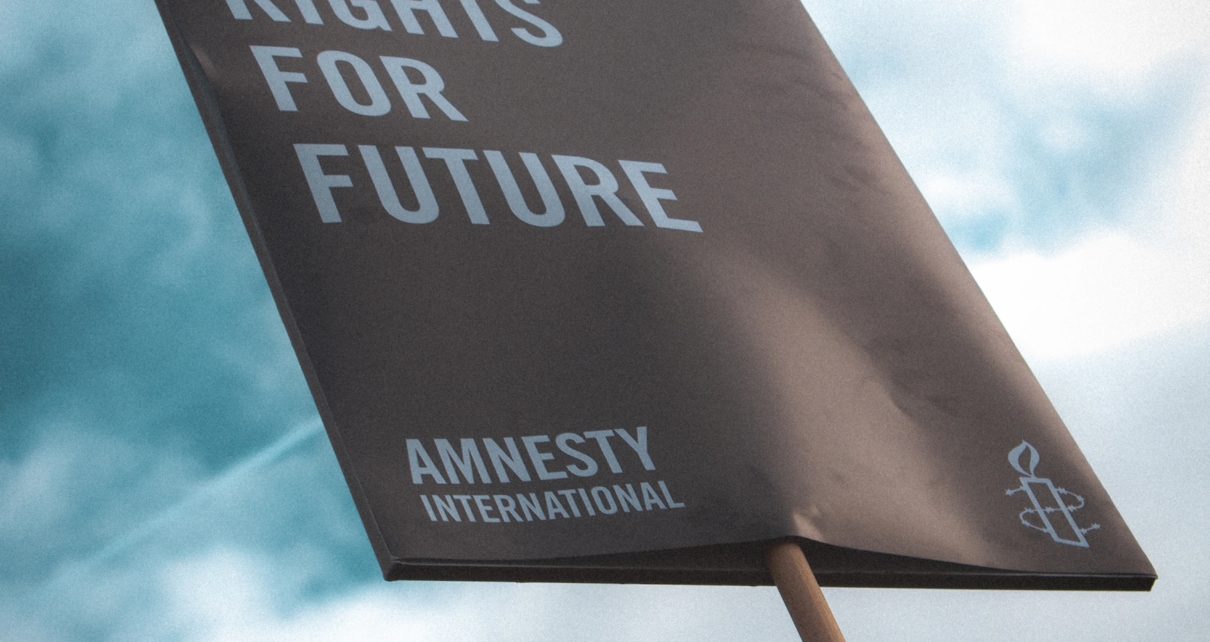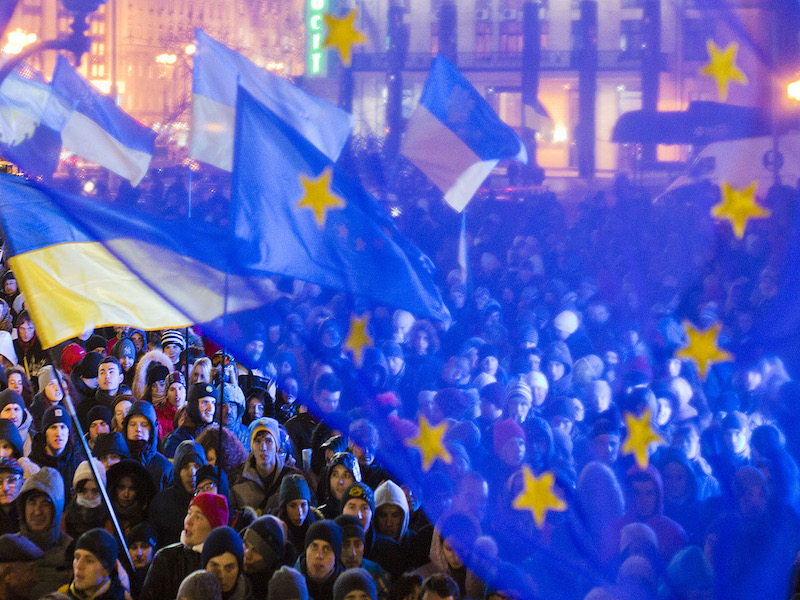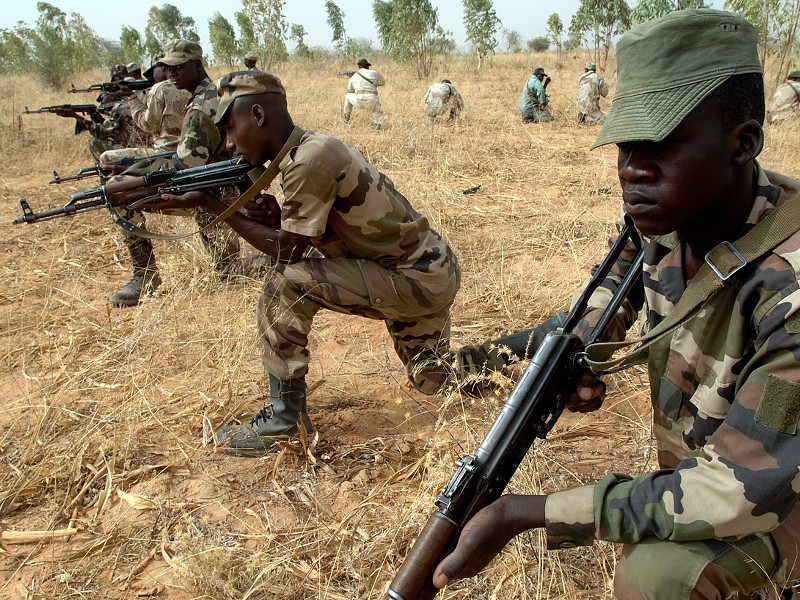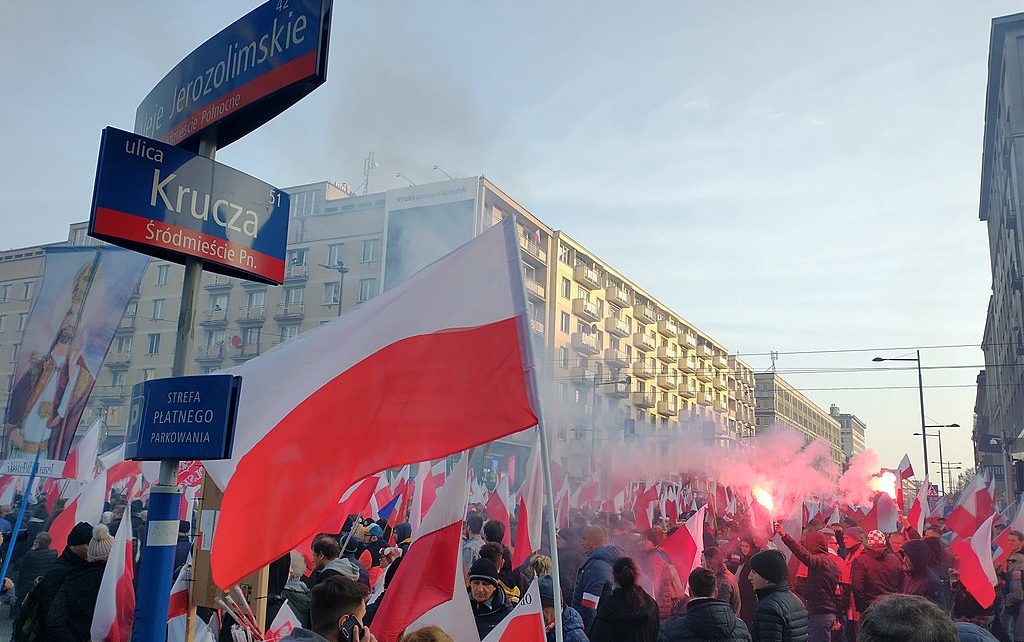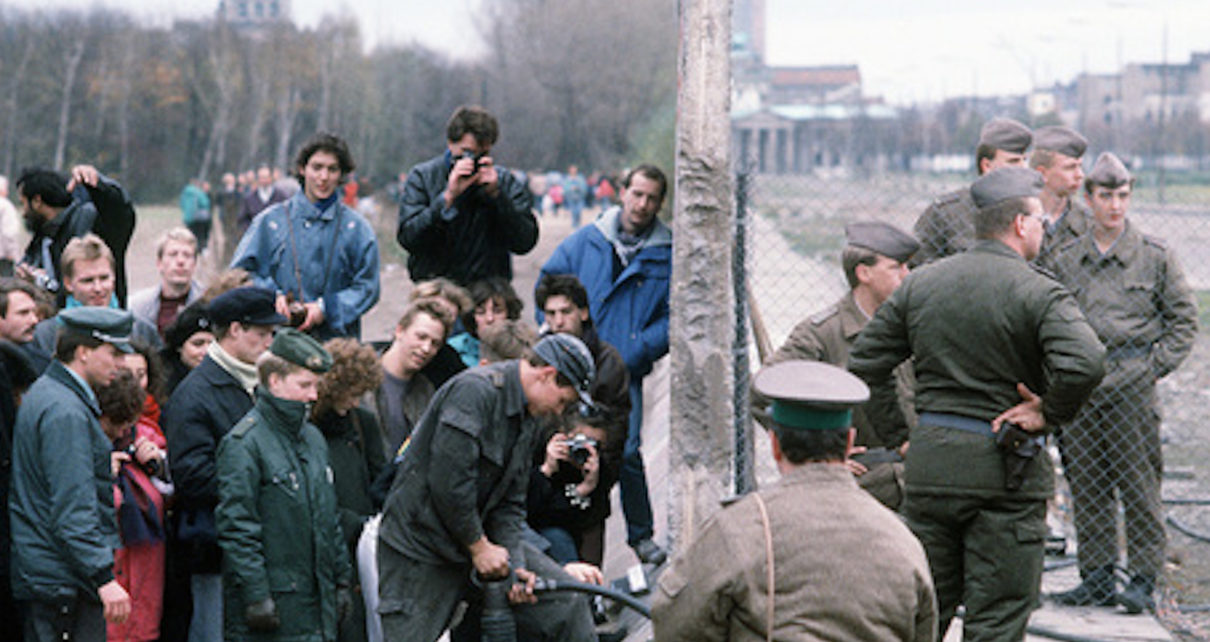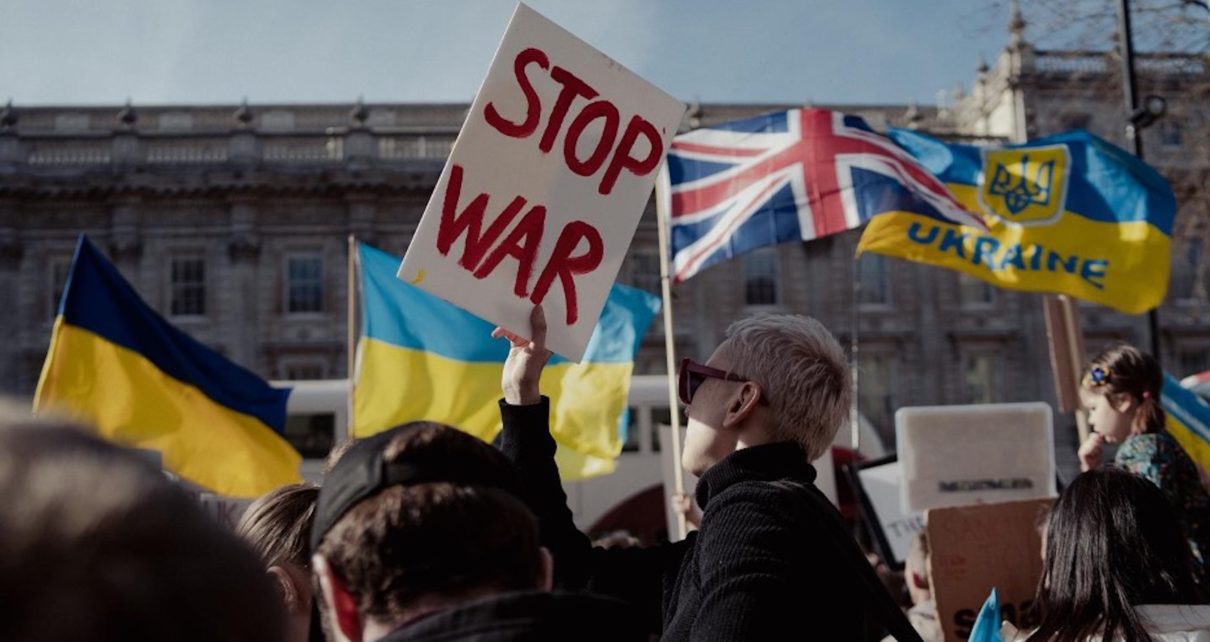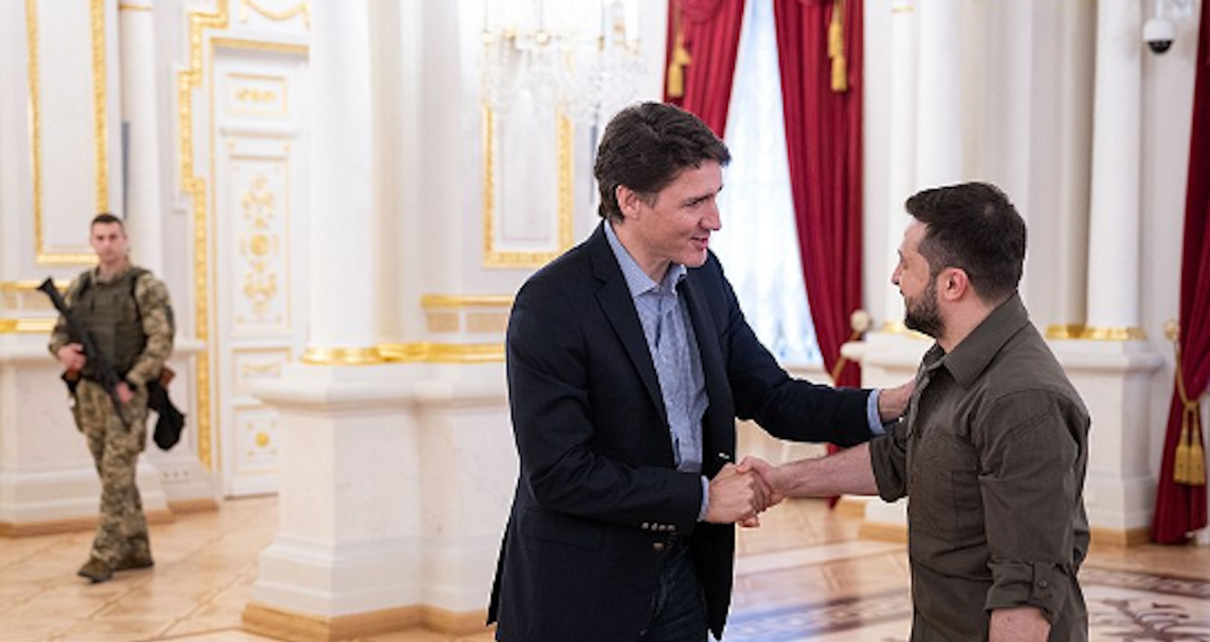The country of Myanmar is a failing state, where a civil war is raging on between the military and pro-democratic resistance groups. In February 2021, the military succeeded in staging a coup that overthrew the National Unity Government (NUD), which was led by the elected president, Aung San Suu Kyi. Since then, the NUD has Read More…
Society, Culture, and Security
The NATO Association of Canada’s Society, Culture, and Security program takes a look at the issues that impact Canadians’ every day lives while connecting them to international relations. The program covers a wide range of topics, which include: pop culture, art, film, global events, and socio-political relations. In addition, Society, Culture, and IR aims to examine and provide in-depth analyses that relate international affairs to the interests of Canadian society.
Canada’s Conundrum: Peace and Profits
Abstract: NATO’s recent discussion of arms control brings to light Canada’s role in the issue. Last year, NATO and the UN took part in the Eighth Biennial Meeting of State Parties to discuss how to combat the illicit sale of arms. During the meeting, the Deputy Director of Arms Control Directorate at the Political Affairs and Security Read More…
Ukraine’s Decades-Long Battle: Post-Independence Corruption and European Integration
In this article Bogdana Torbina traces the roots of Ukraine’s corruption and analyzes the future of anti-corruption reforms for continued Western support and Ukrainian accession to NATO and the EU in this time of war.
The Coup in Niger: What Comes Next?
In July, Niger’s democratically-elected president, Mohamed Bazoum, was removed from office by a coup d’état led by General Abdourahmane Tchiani, the commander of the presidential guards, who appointed himself head of the country’s new military government. His official reason for his actions was his allegation that Bazoum’s government was not managing the deterioration of the Read More…
Radical Right Politics in Europe: Poland
In this article, Alexander Lapsker examines right-wing politics in Poland. He focuses on the nationalist conservative Law and Justice Party (PiS), examining its social and political impacts on the country and its broader implications for the West.
Special Report: Did NATO “Promise” Russia Not to Enlarge?
A common trope in Russia’s discourse about NATO is the charge that the organization has not dealt with Moscow in good faith. Many Russians, of which Putin is a particularly vocal example, allege that Western officials assured their Soviet counterparts during the Two Plus Four negotiations (West Germany and East Germany plus the US, USSR, France, and the UK) on German reunification in Read More…
Lessons Learned: Past NATO Missions and the Strategy in Ukraine
As the Russian invasion of Ukraine drags on into its second year now, debate still rages about how the conflict will end and the role that NATO can play in bringing about the conflict’s successful conclusion. At the moment, NATO troops are not in Ukraine directly contributing to the fighting; NATO member countries are supplying weapons Read More…
Should Canada Enhance Its Defence Posture Amid the Russia-Ukraine War?
Prime Minister Justin Trudeau had expressed concern that the risk of direct involvement by NATO forces in the ongoing conflict between Russia and Ukraine threatened to escalate tensions and lead to a wider conflict with Russia. However, since then, he has committed Canada to bolstering Ukraine’s war effort. This raises the complex issue of whether Canada should increase defence spending Read More…
What’s Up, Doc?: The Viral Spread of the Digital Infodemic
In his speech at the Munich Security Conference on February 15, 2020, World Health Organization (WHO) Director-General Tedros Adhanom Ghebreyesus stated: “we’re not just fighting an epidemic; we’re fighting an infodemic.” Social media platforms are flooded with false information, half-truths, and conspiracy theories, all of which shaped the online environment during the COVID-19 pandemic. This, coupled with post-truth politics, Read More…
Battling Canadian Food Insecurity with Fermentation
In this article, Mia Kruger highlights new technology that battles food insecurity and provides a look into the impact this could have on Canadian society.

